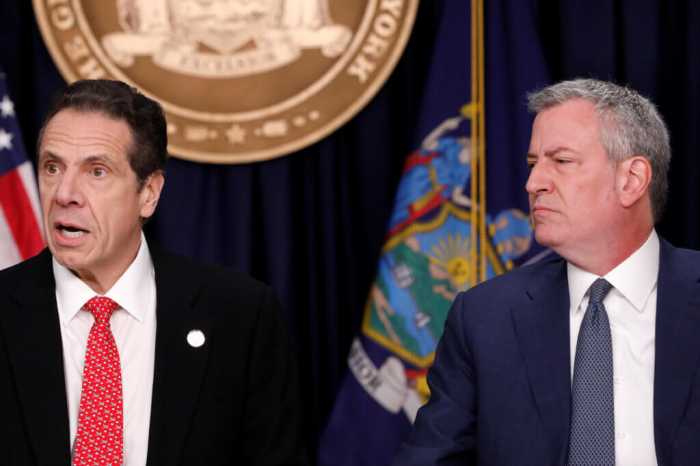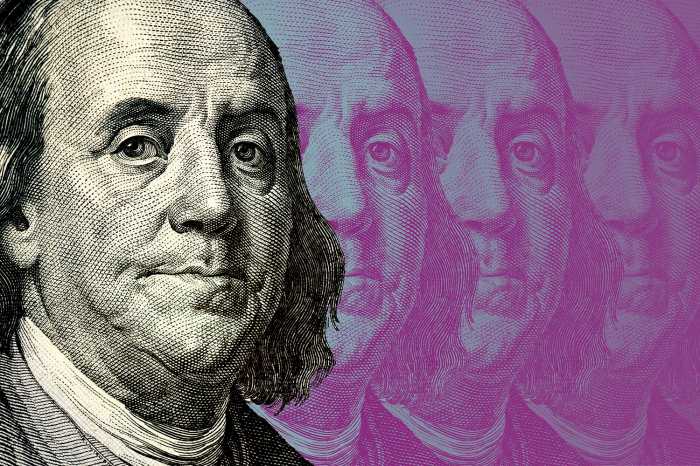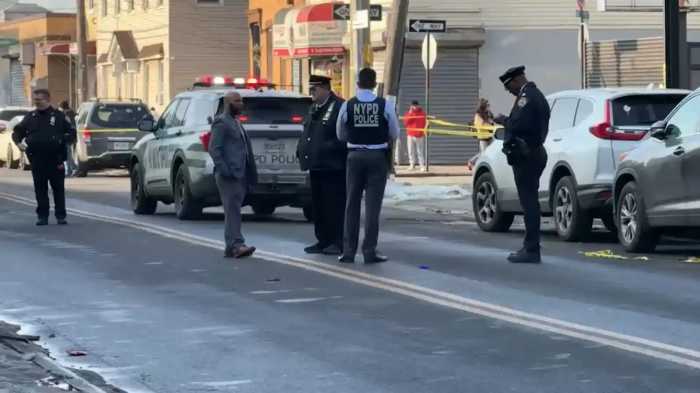Mayoral Candidate Shaun Donovan today, April 15, released a three-pronged food policy platform focusing on ensuring the food industry, including the hospitality sector can thrive, bringing fresh, healthy food to local communities and finding innovative solutions to reduce waste through the city’s food system
Donovan said the plan comes as there’s never been a period with more potential to implement dramatic and enduring change in the city’s food ecosystem and that as mayor he will seize the moment for meaningful change.
“We have a real opportunity to promote a culture of collaboration and education between the city and its food businesses. We can use the immense power of our city’s procurement practices to promote healthier eating and community development while reducing our carbon footprint and waste production,” said Donovan.
The plan to aid the restaurant industry includes partnering with landlords to create affordable retail leases that will allow restaurants to run a profitable business and make it easier for new businesses to open.
The city, under the plan, will also work with bodegas and corner grocery stores as well as larger supermarkets in acknowledging the fraught relationship between the city’s Health Department and its food businesses, and the role that fines as a source of city revenue play in that relationship.
To this end, the city will rethink how they issue fines, identify alternative methods for incentivizing compliance with health codes, and partner with businesses in order to promote education instead of punishment.
Another highlight of the platform includes coordinating with local business owners and community organizations across the city to identify potential alternate off-hour uses for specific businesses, including as fresh food markets, community spaces, job training sites, or other vital neighborhood resources.
This will be achieved by making it easier for neighborhoods to establish community gardens, and increasing funding for community-based organizations to identify and enroll low-income families and seniors in critical benefits including the federal Supplemental Nutrition Assistance Program (SNAP).
The plan also has an environmental component in that it will incentivize operators and producers to use compostable or sustainable packaging, including through potential tax benefits, and investigating alternatives to single-use plastic takeout packaging.
We have a chance to learn both what worked and what didn’t from New Yorkers’ heroic efforts to keep us fed through the last year, and commit to properly supporting these workers in the future. We don’t have a choice, and we don’t have much time. Our city’s recovery depends on quick, bold action that makes the most of everything food has to offer our city,” said Donovan.










